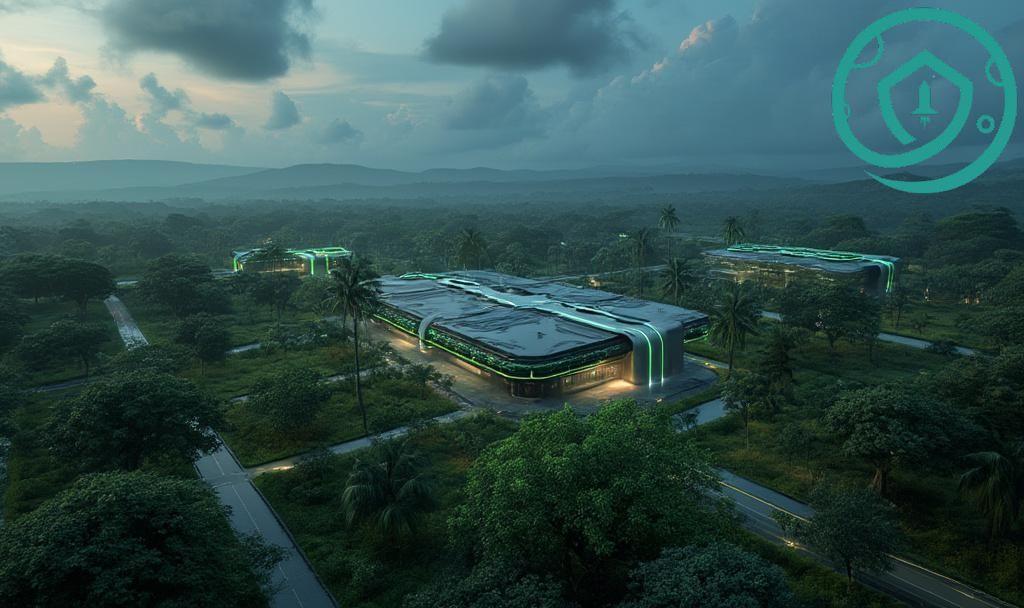
- Tether and Adecoagro launch Bitcoin mining in Brazil.
- Aims for institutional-scale mining via 230 MW energy.
- Enhances Bitcoin network security and energy stabilization.
Tether Holdings Ltd. and Adecoagro S.A. have announced a collaboration for a Bitcoin mining initiative in Brazil, utilizing the agribusiness firm’s renewable energy resources to drive the project.
The partnership marks a significant step into institutional-scale Bitcoin mining using renewable energy, potentially positioning Tether as a top Bitcoin miner while advancing sustainable energy practices in digital asset infrastructure.
Partnership Details
Tether and Adecoagro have formalized their partnership with a Memorandum of Understanding (MoU), aiming to harness Adecoagro’s 230 megawatts of renewable generation capacity for an expansive Bitcoin mining project. The target is an initial 6.9 exahashes per second (EH/s).
Tether CEO Paolo Ardoino and Adecoagro CEO Mariano Bosch lead the strategic collaboration. Tether will manage operations, while Adecoagro provides essential energy resources. This expansion follows previous forays into renewable-powered crypto infrastructure.
This project is an extension of our sustainable mining strategy, promoting the coordinated development of energy infrastructure and the digital economy,” said Paolo Ardoino, CEO, Tether Holdings Ltd.
Impact and Implications
The effort promises to impact the crypto mining industry by boosting network security and stabilizing energy pricing. Adecoagro’s energy division stands to benefit financially, while Tether strengthens its position in the digital economy through sustainable operations.
The project has implications beyond the crypto market, highlighting a blend of traditional agriculture with digital finance. Regulatory effects remain unclear, but the agreement supports existing norms and standards in both sectors while pursuing innovative digital strategies.
Insights suggest the initiative could shift institutional perceptions of Bitcoin mining towards a sustainable future, boosting investment in renewable-powered infrastructure and encouraging broader digital economy growth. If successful, it may inspire similar partnerships globally.




